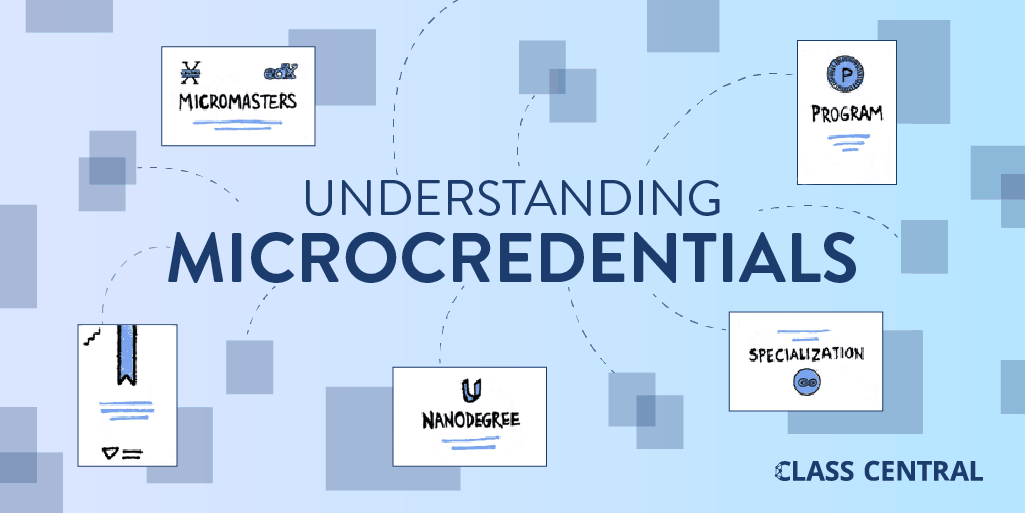
Micro-Credentials – The Future of Career Advancement
Introduction
The workforce is evolving at an unprecedented pace, with employers placing increasing value on specialized skills over generalized degrees. In response to this shift, micro-credentials have emerged as an effective way to acquire targeted expertise in specific areas. These short, skill-based certifications allow professionals to remain competitive by continuously upskilling in alignment with industry trends.
Micro-credentials are transforming education and employment, making learning more adaptable, cost-effective, and results-driven. In this blog, we will explore the significance of micro-credentials, how they complement traditional degrees, and why they are crucial for career advancement in today’s job market.
The Growing Importance of Micro-Credentials
As industries embrace digital transformation, job roles are becoming more specialized. Micro-credentials cater to this need by offering:
- Quick Skill Acquisition – Unlike traditional degrees that take years to complete, micro-credentials can be earned in weeks or months, allowing professionals to rapidly upgrade their skill sets.
- Industry-Specific Learning – Employers prioritize candidates with specialized skills. Micro-credentials offer training in high-demand areas such as data science, cybersecurity, digital marketing, and artificial intelligence.
- Affordability & Accessibility – Compared to expensive degree programs, micro-credentials offer a cost-effective alternative, often available online and self-paced.
- Career Transition Support – Professionals looking to switch careers can use micro-credentials to gain foundational knowledge and practical expertise in a new field without committing to a full-length degree program.
Case Studies: Success Through Micro-Credentials
- Sarah’s Career Growth – A marketing graduate struggling to find work completed a Google Digital Marketing Certification and a remote internship. Within six months, she secured a Digital Strategist role with a 30% salary increase.
- Michael’s Career Pivot – A finance professional transitioned to data science through an IBM Data Science Certification and an online bootcamp, landing a role at a Fortune 500 company.
How to Leverage Micro-Credentials for Your Career
- Identify Skill Gaps – Assess industry trends and determine which skills will enhance your employability.
- Choose Recognized Programs – Enroll in micro-credential courses from reputable platforms like ISBSS, LinkedIn Learning, or Google Certifications.
- Showcase Your Credentials – Add certifications to your resume, LinkedIn profile, and portfolio to highlight your expertise.
Conclusion
Micro-credentials are the future of career advancement. Stay ahead by continuously upgrading your skills with targeted, industry-relevant certifications.
Tag:accessible, adaptable learning, affordable, american education, career advancement, career growth, career pivot, career transition, cost-effective, eastern europe, Education and economic growth, global education, industry-specific learning, learning without borders, micro-credentials, online college, online learning, online university in the US, results-driven, skills acquisition, southeast asia, specialized skills, the future of career advancement, upskilling, west africa



